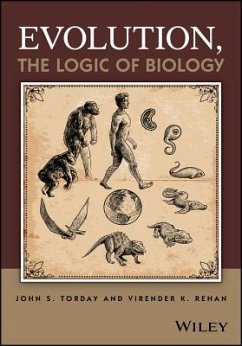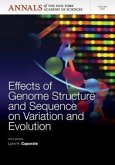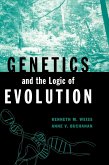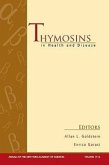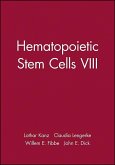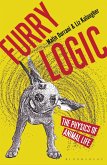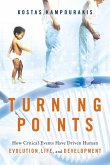By focusing on the cellular mechanisms that underlie ontogeny, phylogeny and regeneration of complex physiologic traits, Evolution, the Logic of Biology demonstrates the use of homeostasis, the fundamental principle of physiology and medicine, as the unifying mechanism for evolution as all of biology. The homeostasis principle can be used to understand how environmental stressors have affected physiologic mechanisms to generate condition-specific novelty through cellular mechanisms. Evolution, the Logic of Biology allows the reader to understand the vertebrate life-cycle as an intergenerational continuum in support of effective, on-going environmental adaptation. By understanding the principles of physiology from their fundamental unicellular origins, culminating in modern-day metazoans, the reader as student, researcher or practitioner will be encouraged to think in terms of the prevention of disease, rather than in the treatment of disease as the eradication of symptoms. By tracing the ontogeny and phylogeny of this and other phenotypic homologies, one can perceive and understand how complex physiologic traits have mechanistically evolved from their simpler ancestral and developmental origins as cellular structures and functions, providing a logic of biology for the first time. Evolution, the Logic of Biology will be an invaluable resource for graduate students and researchers studying evolutionary development, medicine and biology, anthropology, comparative and developmental biology, genetics and genomics, and physiology.
Hinweis: Dieser Artikel kann nur an eine deutsche Lieferadresse ausgeliefert werden.
Hinweis: Dieser Artikel kann nur an eine deutsche Lieferadresse ausgeliefert werden.

